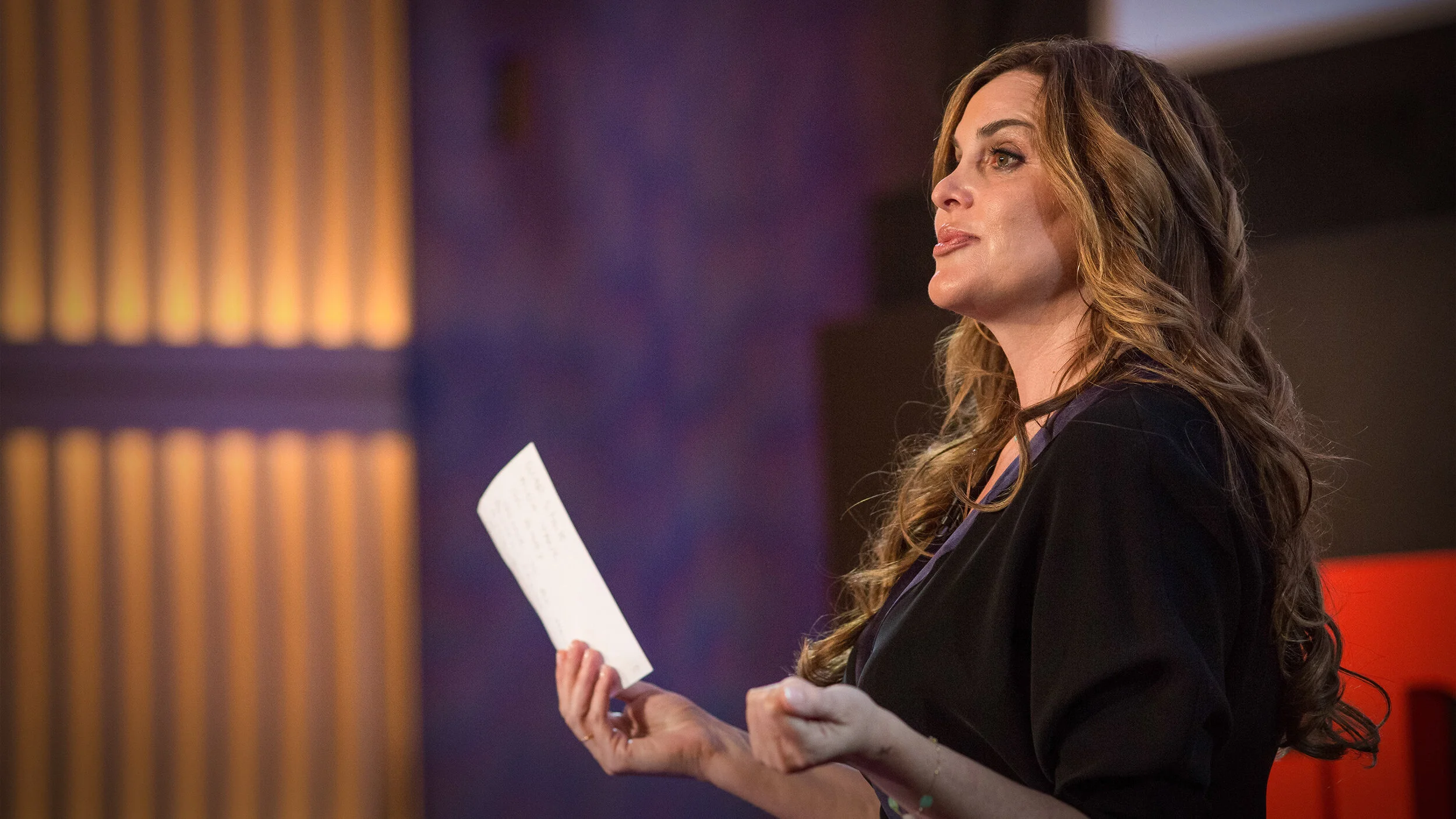"The best reporter is the one who stays alive to bring out the story"

Janine di Giovanni, a Senior Fellow at Yale University's Jackson Institute for Global Affairs and long-time journalist was the special speaker at the Association of Foreign Press Correspondents.
Janine di Giovanni | Photo Credits: www.ted.com
From 2017 to 2018, Janine was the Edward R. Murrow Press Fellow at the Council on Foreign Relations (CFR) and a Professor of Practice in Human Rights at Columbia University’s School of International and Public Administration. Her award-winning book, The Morning They Came For Us: Dispatches from Syria, has been translated into 25 languages and was deemed “searing and necessary” by the New York Times. She is also the author of seven other books on war and conflict and will publish her next book, The Vanishing, chronicling the disappearance of Christian monitories, in 2021. In 2019 she won a Guggenheim Fellowship for her research in the Middle East, and in 2020 she received the American Academy of Arts and Letters highest prize for non-fiction, the Blake Dodd, for her body of work spanning three decades. Giovanni also spent two decades as a contributing editor for Vanity Fair where she won the National Magazine Award for Reporting. She is currently a Global Affairs columnist for Foreign Policy Magazine and The National in Abu Dhabi.
“One thing that’s very different then and now was that then, we actively as journalists engaged in helping.”
Giovanni recounted her experiences reporting from Bosnia during the war in the early 1990s, describing how close journalists were to the warfare: “There was constant shelling and constant sniping.” Giovanni spoke on losing colleagues and facing the realities of war. She went on to highlight the changes to journalism since the war, stating, “One thing that’s very different then and now was that then, we actively as journalists engaged in helping.” She described the efforts journalists embarked on to help those injured around them, stating, “We were human beings first.”
The emotional toll of war and “moral injury”
Giovanni spoke on the emotional stress she suffered, feelings of burnt-out, and the lack of specialists treating journalists for PTSD. “Even our editors didn’t really care, if you couldn’t do the job, you couldn’t do the job and they’d send someone else,” she remembers. She described how the horrors she witnessed became unbearable following the birth of her child. Giovanni recounted the extremities of war she witnessed through reporting in Sierra Leone: “You can’t save everyone, but you want to.” Giovanni added that the best thing journalists can do to help is to get the story out. Giovanni went on to say that she believes war reporters are not the only ones who suffer, but that foreign correspondents experience what she calls “moral injury.” She explained that she believes that the foreign correspondents who covered the Trump presidency suffer from this moral injury and she likened it to what the journalists who covered the refugee crisis in Syria experienced. “If you are forced to witness something that goes against your moral core, to see the killing of George Floyd, to see racism in America, to see Donald Trump who is supposed to be president lie,” creates moral injury, according to Giovanni. She goes on to say, “I truly think that anyone who lived here between 2016 and 2020 witnessed things that go against what journalism is.”
“I think some of the best work is done by freelancers, they really need support”
Giovanni expressed that she believes that in general there is a lack of funding for foreign reporting. “I think for print reporters, especially freelancers, it’s so difficult for them,” she laments. She explained that freelance journalists do not get the opportunity to embark on every assignment abroad that they would like to. Giovanni also stressed the importance of war insurance and taking hostile environment training courses for freelance reporters.
“The best reporter is the one who stays alive”
Giovanni talked about the need for journalists in her field to be resilient. She spoke of the colleagues she has lost over the years and how journalists who face death or danger are usually just in the wrong place at the wrong time. On setting boundaries, Giovanni added that becoming a mother helped her decide what assignments to take. She spoke on risk management and emphasized that if the assignment did not seem worth it, she would not take it. She bluntly states, “The best reporter is the one who stays alive to bring out the story.” Her advice to young reporters is: “Don’t be a cowboy.” Giovanni also stressed the importance of empathy and compassion: “When you interview people, you need to make sure they are in a safe place.” Giovanni described her frustration with the insensitivity displayed by some journalists regarding delicate situations and fragile subjects. She shared the advice, given to her by one of her colleagues, to always ask, “What happened to you?”
“I believe in what I do”
Giovanni talked about why she is a journalist and what has helped her preserve herself in the face of war, stating, “I genuinely believed that there were people who did not have a voice.” She spoke about the need to give those people a voice to tell their story. Besides believing in her role, she added that another thing that kept her going was the importance of the “gathering of evidence.” In the case of Syria, Giovanni explained that journalists and humanitarians have documented war crimes that could someday bring about justice.

